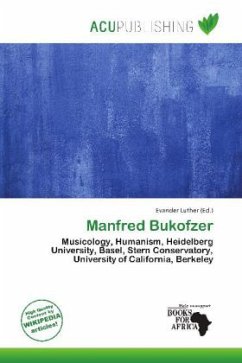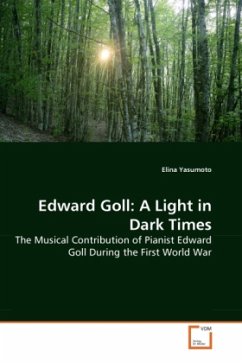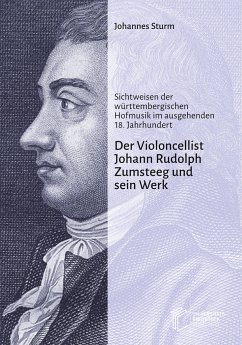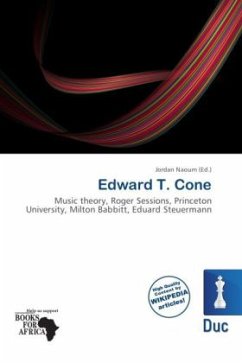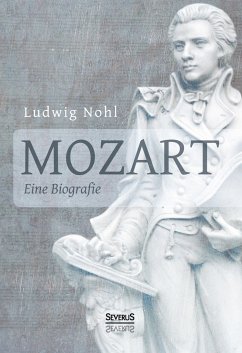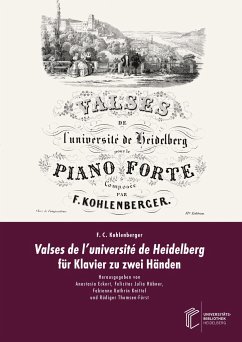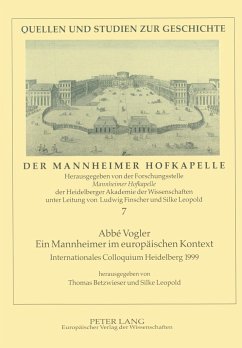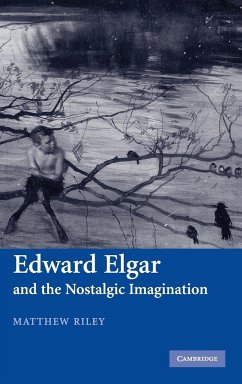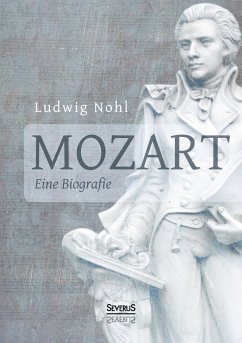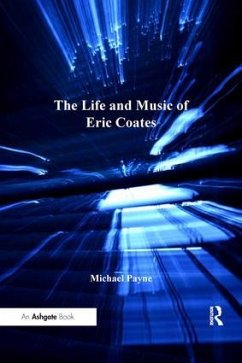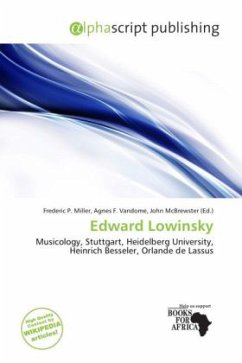
Edward Lowinsky
Musicology, Stuttgart, Heidelberg University, Heinrich Besseler, Orlande de Lassus
Herausgegeben: Miller, Frederic P.; Vandome, Agnes F.; McBrewster, John
Versandkostenfrei!
Versandfertig in 6-10 Tagen
36,99 €
inkl. MwSt.

PAYBACK Punkte
18 °P sammeln!
Please note that the content of this book primarily consists of articles available from Wikipedia or other free sources online. Edward Elias Lowinsky (January 12, 1908 October 11, 1985) was an American musicologist born in Stuttgart, Germany,to Leopold L. and Clara Rosenfeld. Lowinsky studied piano, composition, and conducting in Stuttgart at the Hochschule für Musik, 1923-28. In 1933, he obtained his Ph.D. from the University of Heidelberg, studying under Heinrich Besseler. His dissertation was on Orlando di Lasso. He lived in Holland from 1933 to 1939, and in 1940 emigrated to the United St...
Please note that the content of this book primarily consists of articles available from Wikipedia or other free sources online. Edward Elias Lowinsky (January 12, 1908 October 11, 1985) was an American musicologist born in Stuttgart, Germany,to Leopold L. and Clara Rosenfeld. Lowinsky studied piano, composition, and conducting in Stuttgart at the Hochschule für Musik, 1923-28. In 1933, he obtained his Ph.D. from the University of Heidelberg, studying under Heinrich Besseler. His dissertation was on Orlando di Lasso. He lived in Holland from 1933 to 1939, and in 1940 emigrated to the United States. In 1947 he became a United States citizen. He taught at Black Mountain College (1942-47), Queens College, New York (1947-56), and the University of California, Berkeley (1956-61). From 1961 he taught at the University of Chicago. He was the editor of the Monuments of Renaissance Music series from 1964 to 1977, and chaired the 1971 conference on Josquin des Prez. Lowinsky was one of the most prominent and influential musicologists in post-World War II America. His 1946 work on the "secret chromatic art" of Renaissance motets was hotly debated in its time, spurring considerable research into the issues of musica ficta and performance practice of early music.



